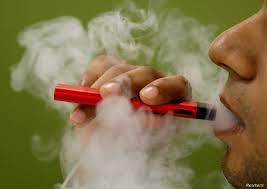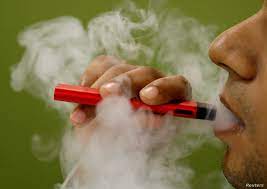All about Alcohol and More

Dear Dr. Kidorf,
My family and I have become fans and fervent readers of this column, and it has provided very thoughtful conversations at our Shabbos table. Last month, someone asked about whether they should talk to their son about drinking as they were not a “drinking” family. This hit home for me because I have a similar concern. Sukkos and Simchas Torah are quickly approaching. This time of the year concerns me because there is so much drinking everywhere that it has become part of the Jewish culture. I have been to many shuls where I see men pouring drinks and passing them around. It is so easy for a young boy or girl to pick up one of these drinks without anyone really knowing.











